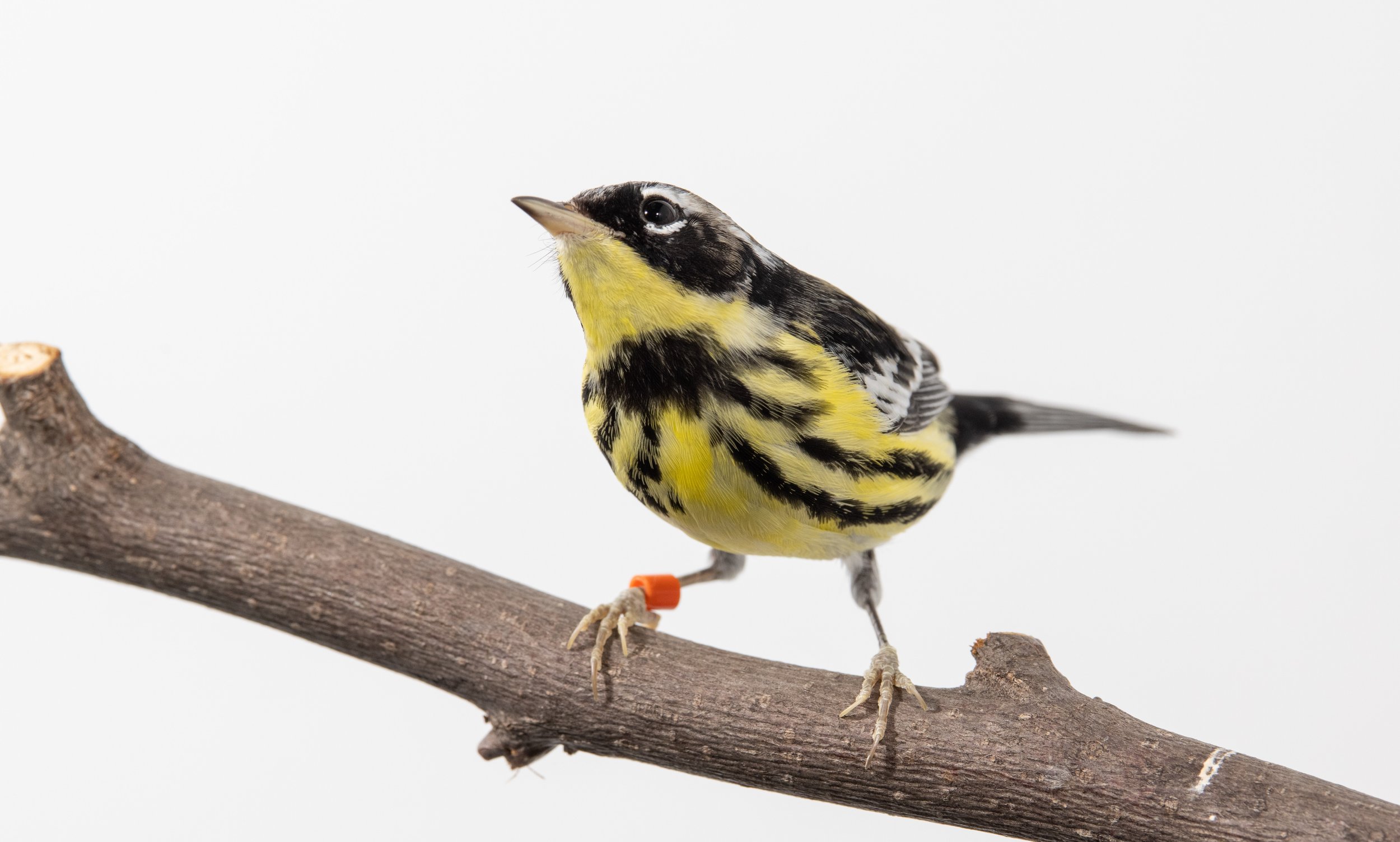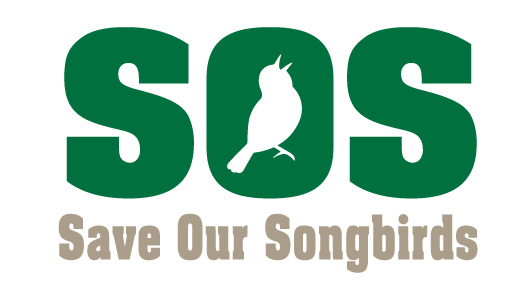
Magnolia Warbler. Roshan Patel
Buy coffee that’s better for birds
66% of Americans drink coffee daily yet don’t know that most coffee is grown in ways that destroy bird habitats. Vast swaths of forest have been cleared in coffee-growing areas in Central and South America, where many Wisconsin songbirds spend their winters.
This loss of habitat is one reason why North America has lost 3 billion birds since 1970, a nearly 30% drop. The good news is some coffee is grown in ways that protect bird habitat. Read on to learn about some options to buy a brew that’s good for birds.
Bird-Friendly certified coffee is the gold standard, available online and in limited locations in Wisconsin
The Smithsonian Migratory Bird Center developed their Bird Friendly® coffee certification in the 1990s to help protect bird habitats. This coffee meets the highest environmental standards and is the best choice to help birds. All Bird Friendly® certified coffee farms provide wildlife habitat that has:
At least 10 tree species and 3 distinct layers of tree canopy;
A minimum of 40% shade coverage;
Tree height of 12 meters or more;
No synthetic pesticides or chemicals used
See the Smithsonian’s comparison of its certification to others
Buy online
Browse the Smithsonian Bird Friendly website listing of 150+ Bird Friendly coffees to purchase online.
Birds & Beans Coffee is a popular brand, an SOS Save Our Songbirds partner, and offers discounted shipping when you get a weekly, bi-weekly or other subscription, and free shipping and a discount if you’re in a coffee club.
Buy in a store
These Bird Friendly® certified brands are sold in Wisconsin.
Birds & Beans Coffee
Spirit of the North Gift Shop in the Northern Great Lakes Visitor Center in Ashland
Wildbird & Backyard in Appleton
Wild Birds Unlimited in Green Bay
Whole Foods Market Organic Early Bird Blend, at Whole Foods Markets in Madison, Milwaukee and Wauwatosa. *The packaging was redesigned in 2023 to remove the Bird Friendly® seal but the coffee retains the certification.
USDA Organic coffee is a good option and widely available
Coffee typically can’t be farmed without shade in an organic system. So, if it’s organic certified, it’s probably got some shade and native vegetation that support birds and other wildlife.
Where to buy Certified Organic Coffee
USDA certified organic coffee is widely available at local stores and coffee shops in many Wisconsin communities. Look for the word “organic” on the packaging or the USDA certified organic label pictured to the left here. Or ask the barista at your favorite coffee shop if their beans are organic.



